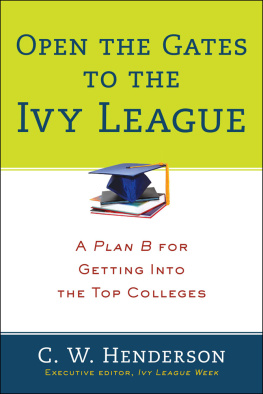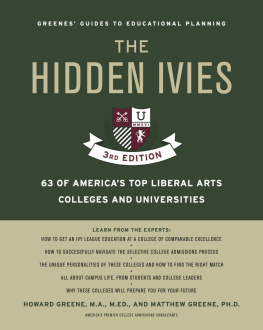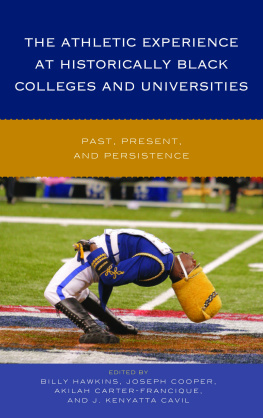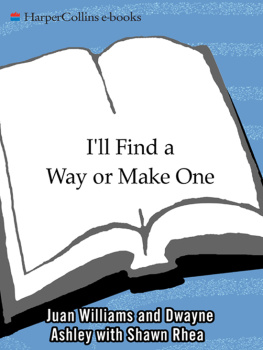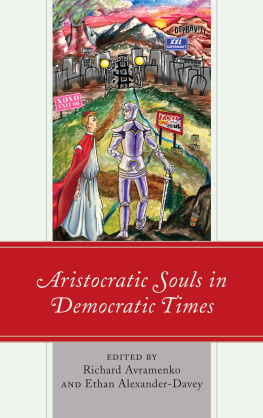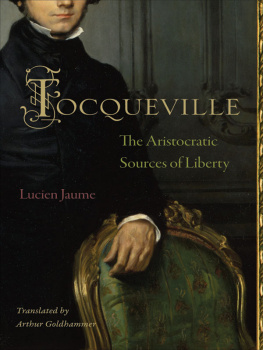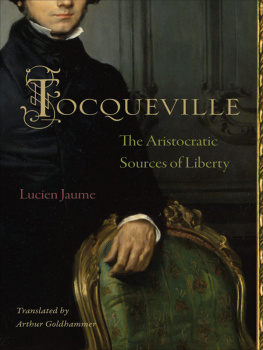Also by Anthony Kronman
Confessions of a Born-Again Pagan
Educations End
The Lost Lawyer
Max Weber

Free Press
An Imprint of Simon & Schuster, Inc.
1230 Avenue of the Americas
New York, NY 10020
www.SimonandSchuster.com
Copyright 2019 by Anthony Kronman
All rights reserved, including the right to reproduce this book or portions thereof in any form whatsoever. For information, address Simon & Schuster Subsidiary Rights Department, 1230 Avenue of the Americas, New York, NY 10020.
First Free Press hardcover edition August 2019
FREE PRESS and colophon are registered trademarks of Simon & Schuster, Inc.
For information about special discounts for bulk purchases, please contact Simon & Schuster Special Sales at 1-866-506-1949 or .
The Simon & Schuster Speakers Bureau can bring authors to your live event. For more information or to book an event, contact the Simon & Schuster Speakers Bureau at 1-866-248-3049 or visit our website at www.simonspeakers.com.
Interior design by Carly Loman
Jacket design by Jason Heuer
Jacket art by Rashevskyi Viacheslav/Shutterstock
Library of Congress Cataloging-in-Publication Data
Names: Kronman, Anthony T., author.
Title: The assault on American excellence / Anthony T. Kronman.
Description: New York : Free Press, 2019. | Includes bibliographical references and index.
Identifiers: LCCN 2018044086 (print) | LCCN 2018055458 (ebook) | ISBN 9781501199516 (Ebook) | ISBN 9781501199486 (hardback)
Subjects: LCSH: Education, HigherAims and objectivesUnited States. | Education, HigherPolitical aspectsUnited States. | Intellectual freedomUnited States. | DemocracyUnited States. | BISAC: EDUCATION / Higher. | EDUCATION / Aims & Objectives.
Classification: LCC LA227.4 (ebook) | LCC LA227.4 .K76 2019 (print) | DDC 378.73dc23
LC record available at https://lccn.loc.gov/2018044086
ISBN 978-1-5011-9948-6
ISBN 978-1-5011-9951-6 (ebook)
For my students
Contents
Introduction
I.
I N THE LATE SUMMER OF 2015, the Yale Daily News carried a story that caught my attention.
Yale undergraduates live in residential units called colleges. The story reported that the master of one of these had decided to change his title on account of what he judged to be its offensive connotations. Some students had complained that it reminded them of the plantation culture of the Old South. The master of Pierson College sympathized with their complaints. He said he understood why black students in particular might be sensitive to the use of the term and that he wanted them to feel equally welcome at Yale, whose traditions retained many of the cultural trappings of the almost exclusively white, Anglo, male school that it had been for nearly all of its first three hundred years. To avoid even the possibility of giving offense to those who might associate his title with the racism and hierarchy of the antebellum South, the master of Pierson announced that in the future he would refer to himself not as a master but by some more neutral term instead.
I found it hard to believe he was serious. In an academic setting, the word master carries none of the connotations the complaining students found offensive. Instead of mindlessly deferring to their feelings, the master of Pierson should have told them what is obviousthat in this setting the word has an altogether different meaning. More particularly, he should have pointed out that the hierarchical relation of master to student has a perfectly legitimate place in a school like Yale, which is devoted not to the promotion of equality but the recognition of excellence instead. It seemed wrong to me, in any case, that a Yale official should be allowed to change his title on his own. If the master of Pierson could do this, shouldnt others be free to modify their titles as well? I assumed he would quickly be rebuked. But Yale not only acquiesced in his decision, a few months later it announced that it would no longer use the term master in referring to the heads of any of the residential colleges.
At the time, the master debate struck me as rather silly. I thought it a tempest in a teapota ridiculous exaggeration of wounded feelings, anguished responses, and inflated moral concerns. What I could not know, in the fall of 2015, was that this was only the opening act in a very serious drama that played out at Yale over the next year and a half.
The drama began in earnest with the traditional welcoming address that Yales president gave to the incoming class that August. He first reminded his audience that the summer before had been one of explosive racial tension across the country. He recalled the horrors of Charleston, SC, where in June a deranged racist had murdered nine black churchgoers at a prayer meeting at the Emanuel African Methodist Episcopal Church. He went on to tell the newly arrived students and their families that Yale too had unfinished business in Americas ongoing struggle for racial reconciliation. He then drew their attention to the long-simmering controversy over the name of Calhoun College, whose namesake had, among other things, defended slavery on the grounds that it was good for slaves and masters alike.
At this point the president of Yale issued an invitation to the entire community to join him in an open-ended conversation about whether Calhoun should be renamed, without saying how the question would be answered, or when or by whom. It is hard to imagine a more imprudent course or a speech less appropriate to the occasion.
For the president of Yale to address a group of young people who have been on campus only a few days, not about the intellectual adventure before them, but rather their moral responsibility to help decide whether Calhoun College should be renameda matter about which they could have known little in advanceput the life of action before that of the mind. His speech conveyed the idea that the university to which they had come, after so much sacrifice and hard work, was first and most importantly a community of moral commitment and only secondarily one of teaching and learning. It guaranteed that the debate that followed would be seen by those on both sides in a political light. And his reckless invocation of the Charleston killings as a prelude to a university-wide soul-searching about the name of Calhoun College all but assured that those who favored keeping it would be viewed by their opponents as moral monsters, not far removed from Dylann Roof, the Charleston shooter.
The following spring, when Yales president announced that the university had decided to keep the name, the response was predictable. Those who wanted the name changed had every reason to believe that the president did too. They understandably assumed that he had summoned the Yale community to a year of self-reflection in order to prepare the way for what was coming. In their eyes his announcement was less a disappointment than a betrayal. The reaction was intense. Hundreds of students and faculty signed letters urging him to reconsider. They protested and held marches on campus. Yales president quickly concluded that he had no practical choice but to change course. He then did what those of an administrative temper often do: He appointed a committee to advise him. He christened it, in good Orwellian fashion, the Committee to Establish Principles on Renaming and charged it with producing a set of general norms to guide the university in resolving all naming disputes, including, but in theory at least not confined to, the one surrounding Calhoun College.


